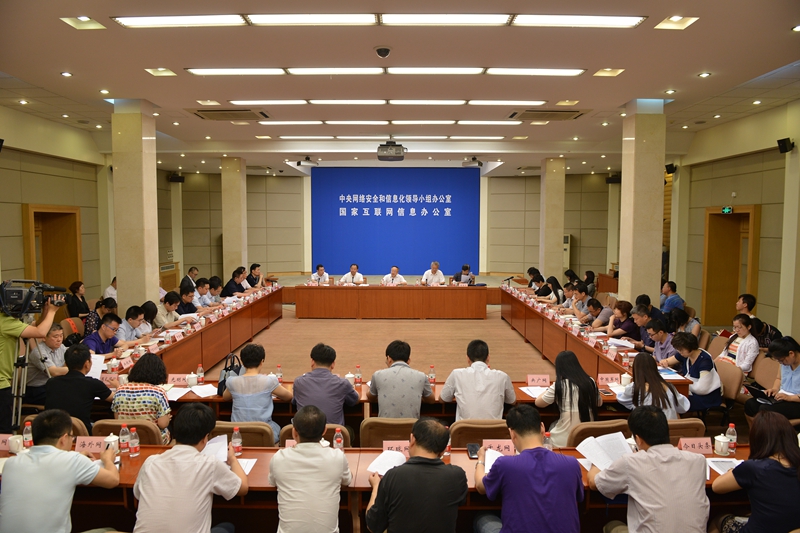China is expected to ban media outlets from using a raft of slang words it considers to be vulgar, according to reports on Friday.
Ming Pao reported that a source in Beijing said 14 “vulgar” words would be added to the censors’ blacklist in the coming days.
The banned terms include “bichi”, which has the same sound as word “b*tch”, and “caonima”, which sounds similar to the phrase “f*** your mother” in Chinese. The list also included “luchabiao”, which means “green tea b*tch” in Chinese and refers to girls who have huge ambitions despite a “pure” face.

Ming Pao reported that the ban was to stop “vulgar words” from circulating on the Internet.
On 2 June, a “Purifying Internet Language Forum” was held in Beijing. In a report published by People’s Internet Opinion Monitoring Office during the meeting, it said the internet “has magnified citizens’ pessimistic and fretful mood,” adding that “vulgar words hinder online culture.”

The report highlighted a total of 25 vulgar phrases commonly used by netizens, noting that 16 had appeared on the Weibo microblogging platform more than 10 million times, while four were circulated more than 100 million times.

State media have also reported an increase in the number of newspaper adopting online slang, adding that there was a need to “increase control over the internet by censoring vulgar words.”
This latest news deepens concerns about increasing censorship under China’s president Xi Jinping. On 1 July the country passed a revised National Security Law that for the first time includes “cyber sovereignty” provisions, providing Beijing with the legal means to further criminalise online expression.
In late 2014, China’s media regulator promised to crack down on puns and wordplay, which it said “violates Chinese tradition” and “misleads the public.”
